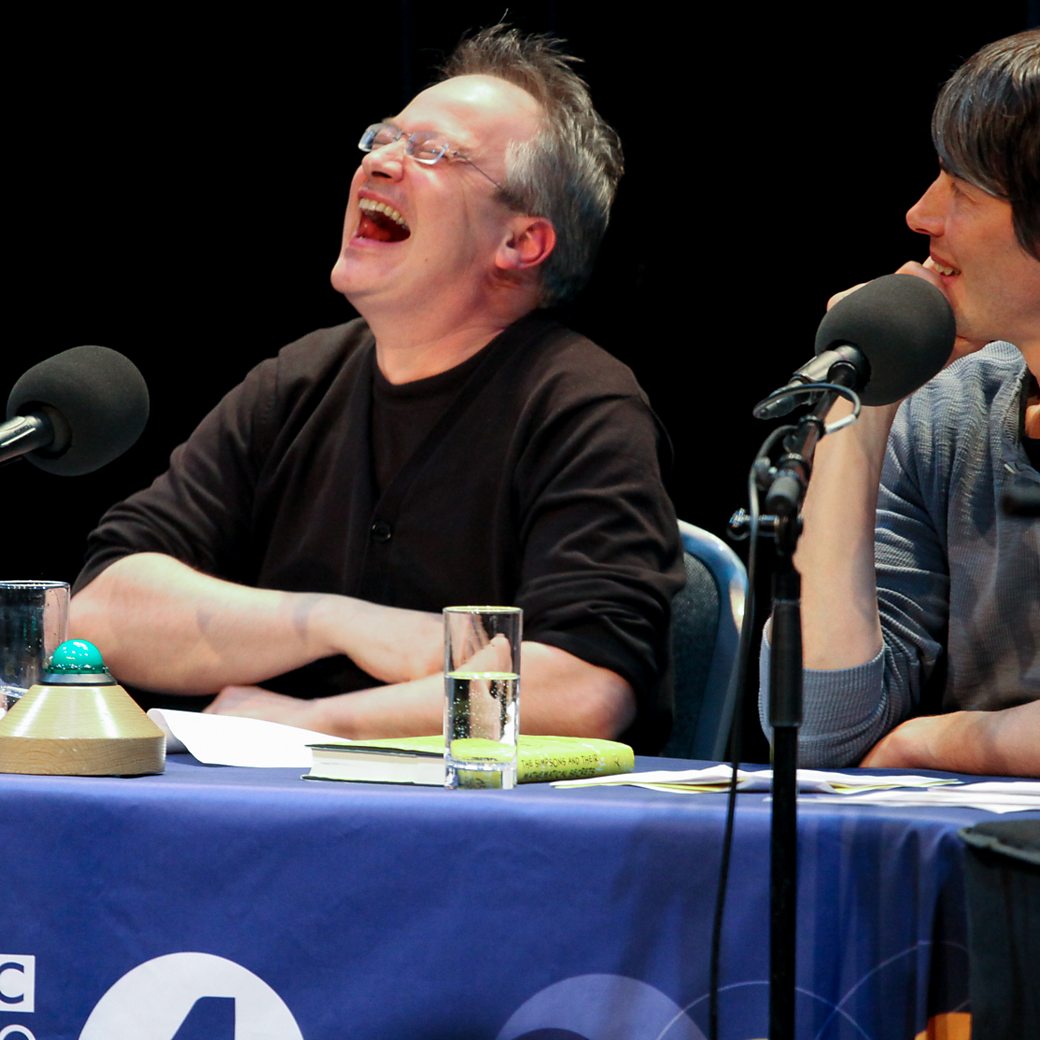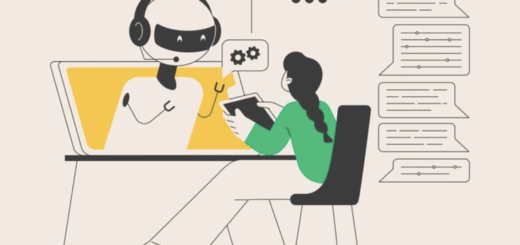Computers Don’t Laugh

A few days ago, whether through algorithmic calculation or sheer coincidence, the website academia.edu invited me to comment on a paper called “The Last Defence of Human Language: Speech Community”. I hemmed and hawed a bit.
I share the author’s anxiety about the threat devices pose to human beings’ sense of their own identity, and language is an excellent — probably the best — evidence of it. She argues, roughly, that when artificially-intelligent robots are able to form speech communities, human beings will “lose” the last vestige of their superiority. I, too, am concerned about what is happening to our speech, writing, languages, but categorically reject the assumption this paper makes about an ongoing competition between human beings and their devices. The idea that such a competition might be “won” or “lost” is ridiculous, however widespread it may be. It’s as if we humans were suffering from some vast, horrible loss of self-esteem, a drive to self-destruct strong enough to make some of us actually project destructive intent on to technological development as such.
Yes, our devices “beat” us. They always have. Many are stronger and last longer, sense and process visual or acoustic information far better than we do because that’s what we designed them to do! The whole point was to enhance, exceed, expand our capacities to see and do and remember (above all to calculate.) To then set up a contest between a human being and a device, as in the famous match between Lee Sedol and AlphGo, and even go on to wring our hands when the device “wins” is, at a minimum, incredibly unfair, and at worst, crazy. The author of this paper recognized the unfairness, but explained it in terms of one, isolated human being against a large community of human beings forming an intelligent and creative community, namely the developers of AlphGo. That’s true, but doesn’t challenge the madness of agreeing to compete in the first place.
I’m sure I’m not alone in suspecting that human beings have embarked on a species-suicidal course. The most obvious evidence seems to be our casual, almost inadvertent destruction of the features of the planet that make our lives possible. More immediately accessible evidence lies in the way we use — or misuse — our natural languages. We imitate robots! We feed them with the things we’ve learned and then, if they manage a decent imitation, fall for the silly idea that they’re creative.
I want to resist. I hope you’ll resist. Be as human as you possibly can. Don’t speak like a robot, don’t ever suppose that robots “think” or “feel” or “wonder”. They just don’t. They are so rational they could bore the socks off any of us in microseconds. Don’t ever, even for an instant, let yourself feel inferior. You are NOT. The best defence is to be yourself — every day, all the time — as weird and quirky and unpredictable as you can be. Take advantage of your unique capacity to sense irony and share it with others. Go ahead, laugh!!!

